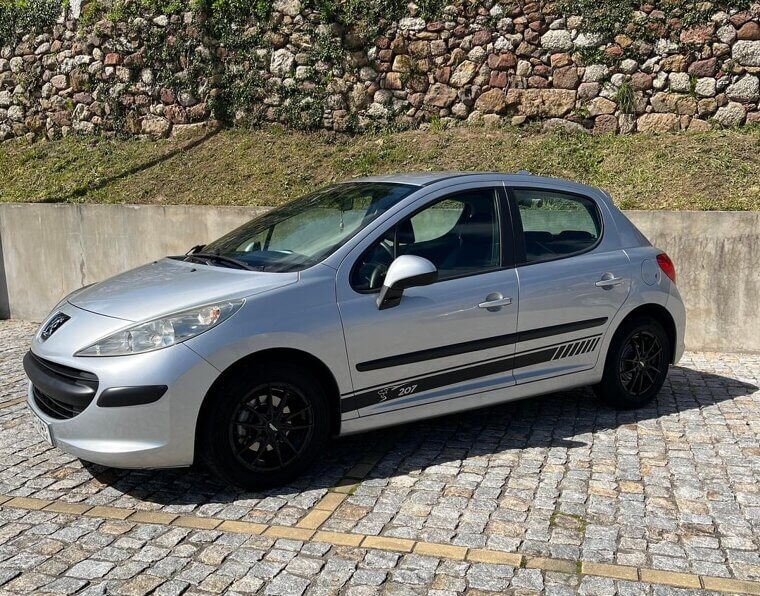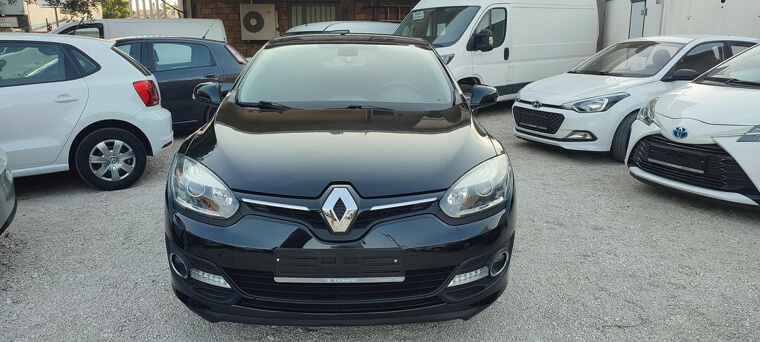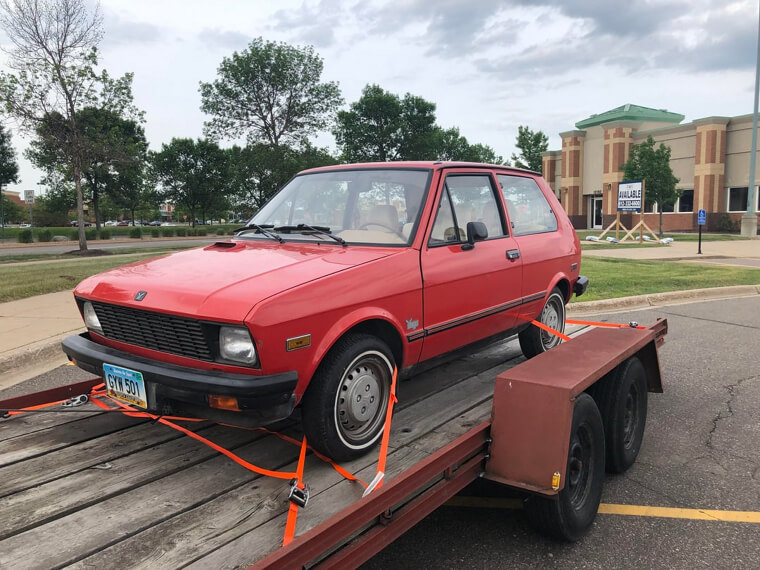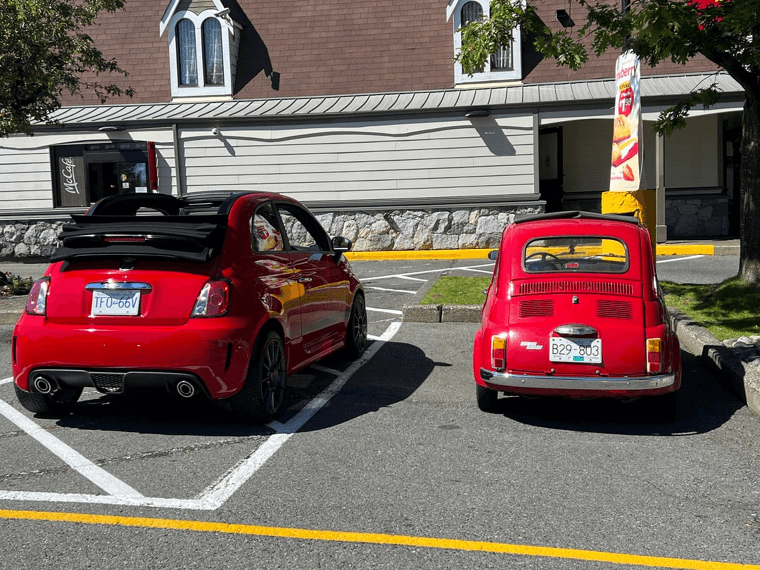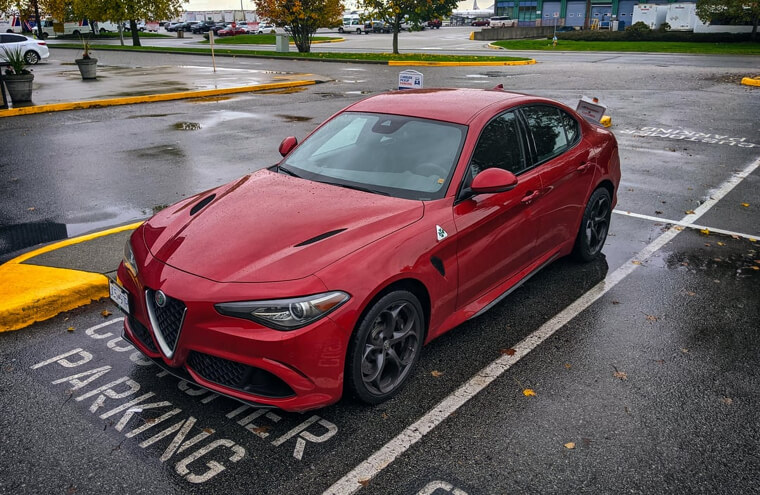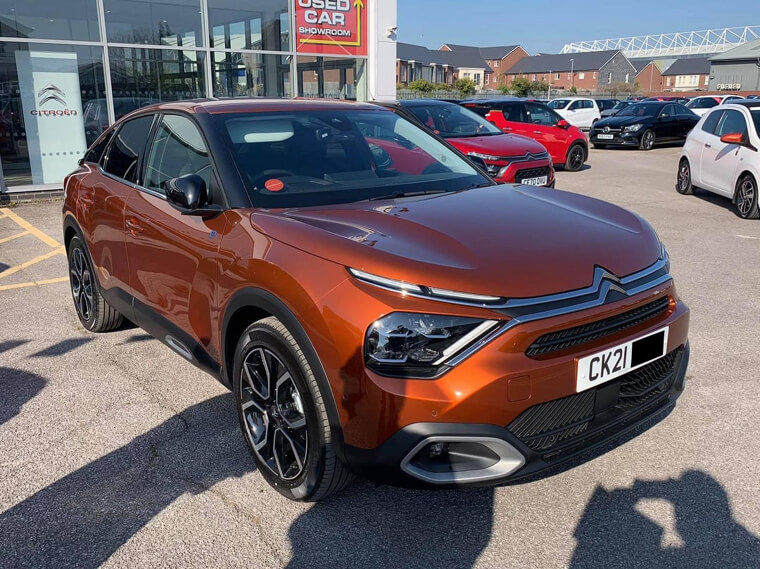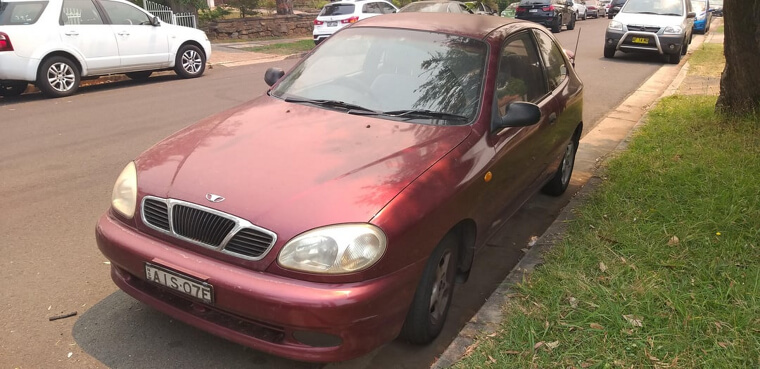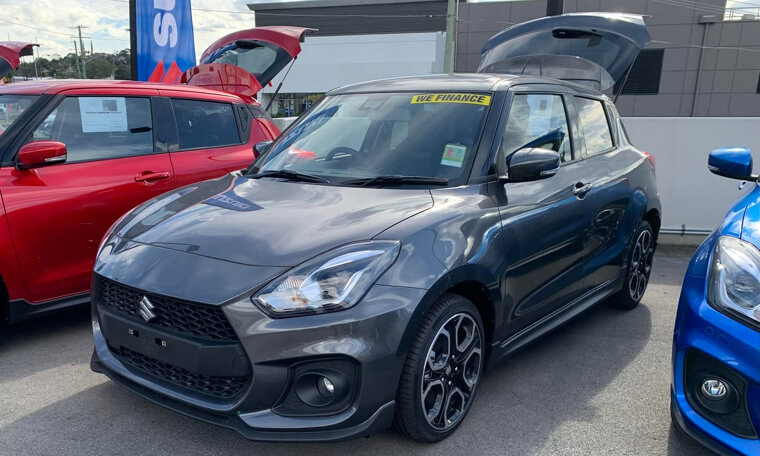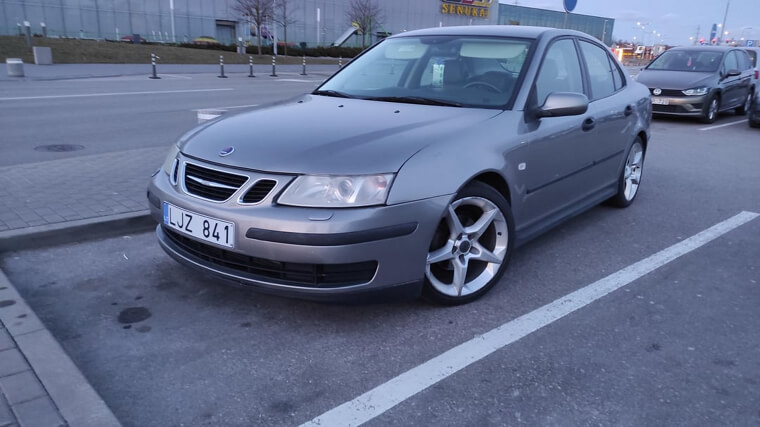1. Why Some Brands Never Click in the U. S.
The American car market is competitive, and not every brand finds success. Some international automakers struggle with quality, styling, pricing, or dealer support. Others fail to connect with U.S. buyers’ love of trucks, SUVs, and reliability. These ten brands show how difficult breaking into America can be.
2. Peugeot
Peugeot tried multiple times to win over Americans but failed. Its cars were often viewed as quirky and unreliable, with limited dealer networks making service difficult. Despite success in Europe, Peugeot couldn’t convince U.S. drivers to embrace its small sedans and hatchbacks. The brand eventually left the market entirely.
3. Renault
Renault sold cars in America for decades but never shook its reputation for poor build quality. Even joint ventures with AMC couldn’t help. Known for quirky styling and lackluster reliability, Renault failed to inspire confidence in American drivers. By the late 1980s, the brand exited the U.S. market completely.
4. Yugo
Marketed as the most affordable new car in the U.S., the Yugo quickly became a punchline. Its low price couldn’t hide flimsy construction, constant breakdowns, and unsafe crash results. American buyers quickly lost patience, and the brand’s reputation never recovered. Today, Yugo is remembered mostly as a cautionary tale.
5. Fiat
Fiat’s U.S. return in the 2010s fizzled out. Models like the Fiat 500 were considered too small, underpowered, and less reliable than competitors. While stylish and affordable, they couldn’t compete with Japanese or American brands. Sales collapsed, and Fiat quietly faded away, proving charm alone wasn’t enough to win buyers.
6. Alfa Romeo
Alfa Romeo has always turned heads with its sleek styling, but American buyers complained about reliability and maintenance costs. While enthusiasts adore the brand’s sporty DNA, everyday drivers often felt burned by breakdowns. Despite several relaunch attempts, Alfa Romeo has struggled to gain consistent traction in the U.S. market.
7. Citroën
Citroën built some of the most innovative cars of the 20th century, but their unusual designs and complicated technology baffled American buyers. Models like the DS were admired by enthusiasts but failed commercially. With limited dealer networks and complex repairs, Citroën abandoned the U.S. in the 1970s.
8. Daewoo
South Korea’s Daewoo entered the U.S. in the late 1990s with cheap cars and flashy marketing. Unfortunately, poor quality, uninspired designs, and lack of brand trust doomed it from the start. After bankruptcy in the early 2000s, Daewoo vanished, leaving behind a reputation for short-lived, low-value vehicles.
9. Suzuki
While Suzuki is respected for its motorcycles and ATVs, its cars never found much success in America. Small, inexpensive, and often underpowered, Suzuki’s lineup struggled against established rivals. The brand officially pulled out of the U.S. car market in 2012, though it continues to thrive elsewhere in the world.
10. Saab
Saab built a small following in America with its unique Scandinavian style, but widespread acceptance never came. High prices, unusual designs, and reliability issues held it back. Even loyal fans couldn’t save Saab when financial troubles mounted. By 2011, the once-distinctive brand had disappeared from the U.S. altogether.


